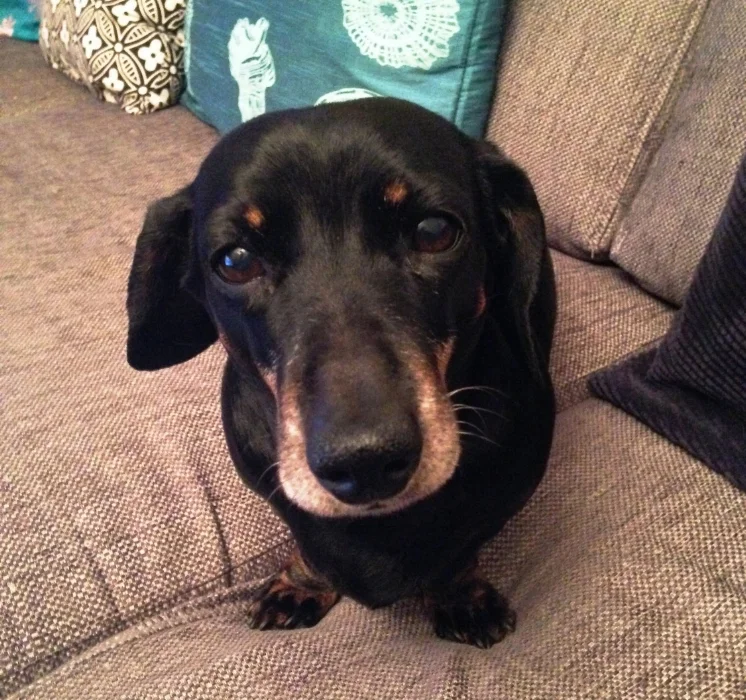The inimitable Eva Price, of Coronation Street fame, uses the word ‘pigging’ (I presume) in place of swearing. She uses it a lot. And that got me thinking – leaving aside all the gangsters, murder, affairs etc, the inability to swear (not even the mildest of rude words like a ‘bloody’ or a ‘bugger’ seems to be allowed pre-watershed) is one of the things that makes soaps less believable (that and how people always just order ‘a pint’ when they go in the pub – A PINT OF WHAT!?!).
It must be tough for scriptwriters to come up with a decent insult when a character’s slept with someone’s husband/wife, murdered their family, stolen their baby (and so on), and the worst they can call them is a git or a pillock. If I was a soap opera writer, I’d be plundering the English language’s glorious back catalogue for swears* – there are ye olde insults galore which could definitely slip by the censors. Here are eight of my favourites.
1. Cumberworld
Nope, not a theme park devoted to Benedict Cumberbatch (although how I wish that was a thing), a cumberworld is a person who’s so useless that all they do is take up space. Think Piers Morgan, most politicians, etc.
2. Gillie-wet-foot
This is an old Scottish word for a businessman who swindles people out of their money, or someone who gets into debt then legs it.
3. Scobberlotcher
A scobberlotcher’s someone who never works hard. So not me then (because I’m definitely not looking up swear words on the internet when I should be working). It probably comes from scopperloit, which is an old English dialect word for a holiday (which I’ll be using in my next out-of-office).
4. Wandought
No, not a spell from Harry Potter – a wandought is a weak and ineffectual man (wandoughty is an old word for impotence. Say no more).
5. Sard
This is basically the f-word of its day (which was pre-18th century). Apparently it first turned up in a 10th-century Old English translation of the Bible which said ‘...don’t sard another man’s wife’. Good advice. Especially as it leaves us ladies free to sard as many husbands as we like apparently.
6. Beardsplitter
An alternative for ‘dick’, this is Victorian slang for penis. I’m not going to walk you through the why as you can probably work it out for yourself. Paints a vivid picture, doesn’t it?
7. Rantallion
Another uncharacteristically graphic Victorian insult. It means a man whose scrotum’s longer than his penis. So basically someone with a teeny weeny winkie.
8. Bescumber
Still nothing to do with Cumberbatch (although when I open Cumberworld I might adopt it as a ride name where you get covered in Benedicts), to ‘bescumber’ someone is a swear that means to ‘discharge ordure’. Regular readers (hello Dad!) will know ‘ordure’ means poo. So if you say you’re going to bescumber someone, then you’re going to cover them in poop.
So, there you are scriptwriters – eight alternatives to bitch, pratt, idiot, etc. I’m sure we’ll be hearing Phil Mitchell yelling ‘You sarding wandought!’ in the Queen Vic any day now.
* So it’s probably lucky I’m not a soap opera writer.









